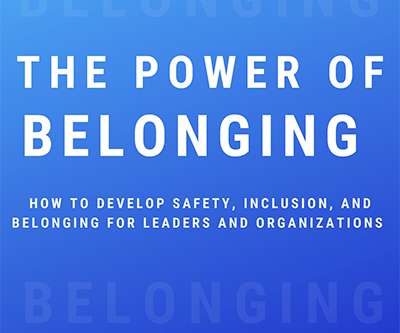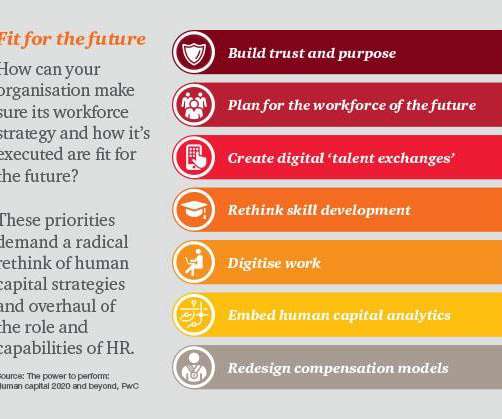Kim Cameron On Mastering Your 1-on-1 Meetings
15Five
DECEMBER 11, 2018
Kim: Positive Organizational Scholarship (POS for short) was introduced as a new field of study in 2002 at the University of Michigan and focuses on how to cultivate extraordinary individual and organizational performance. The primary purpose is to create a psychological contract. How can I grow and expand?




























Let's personalize your content